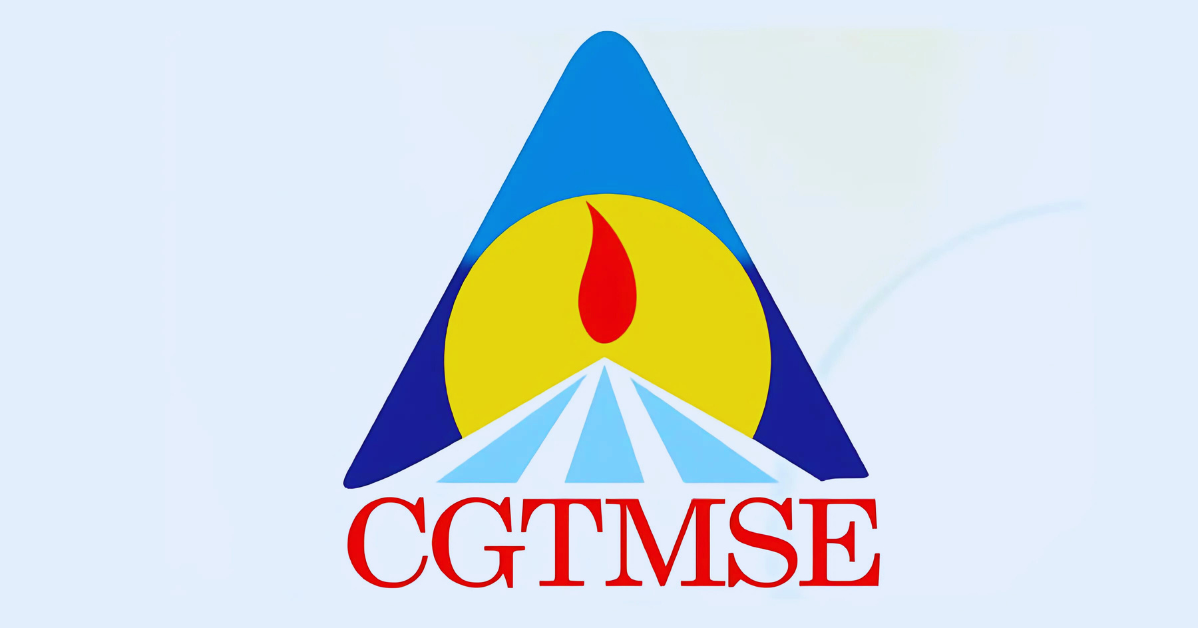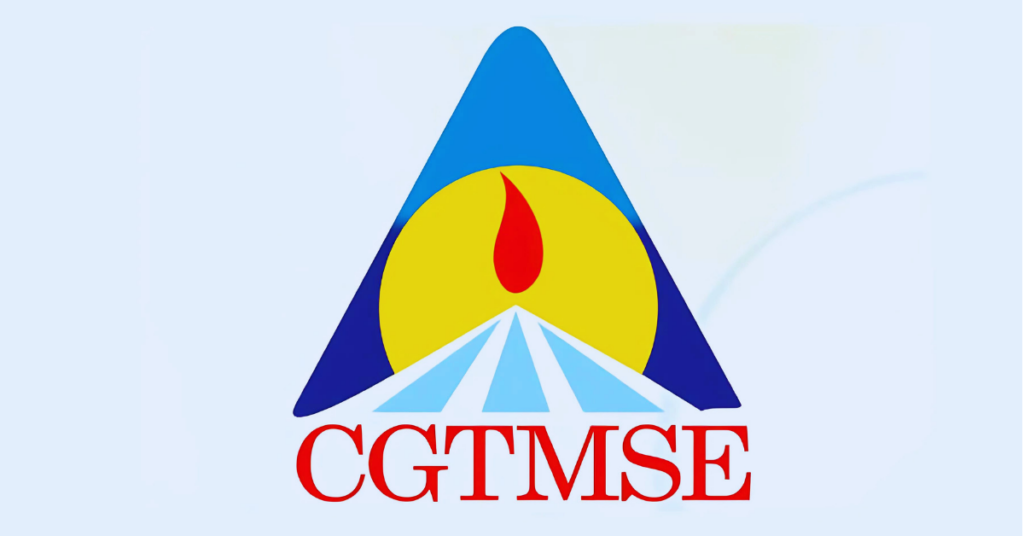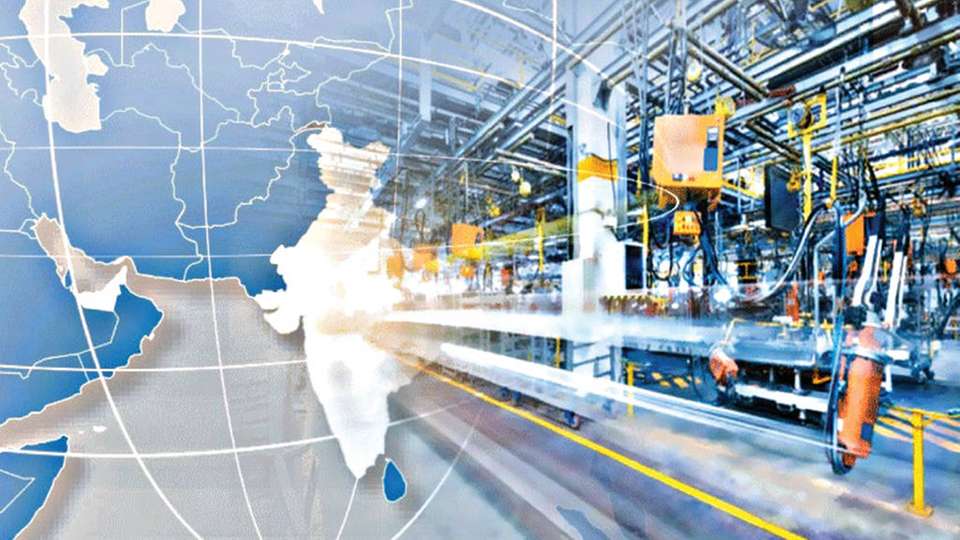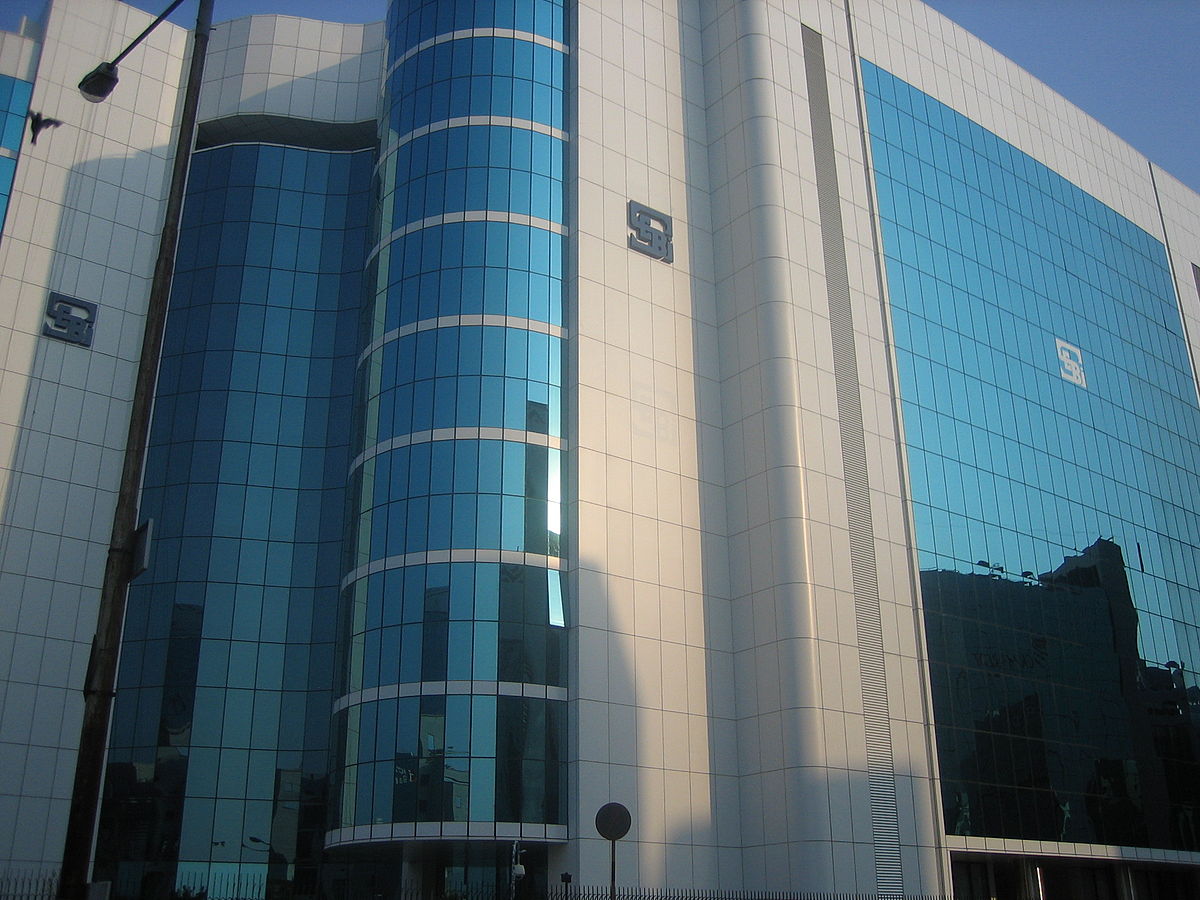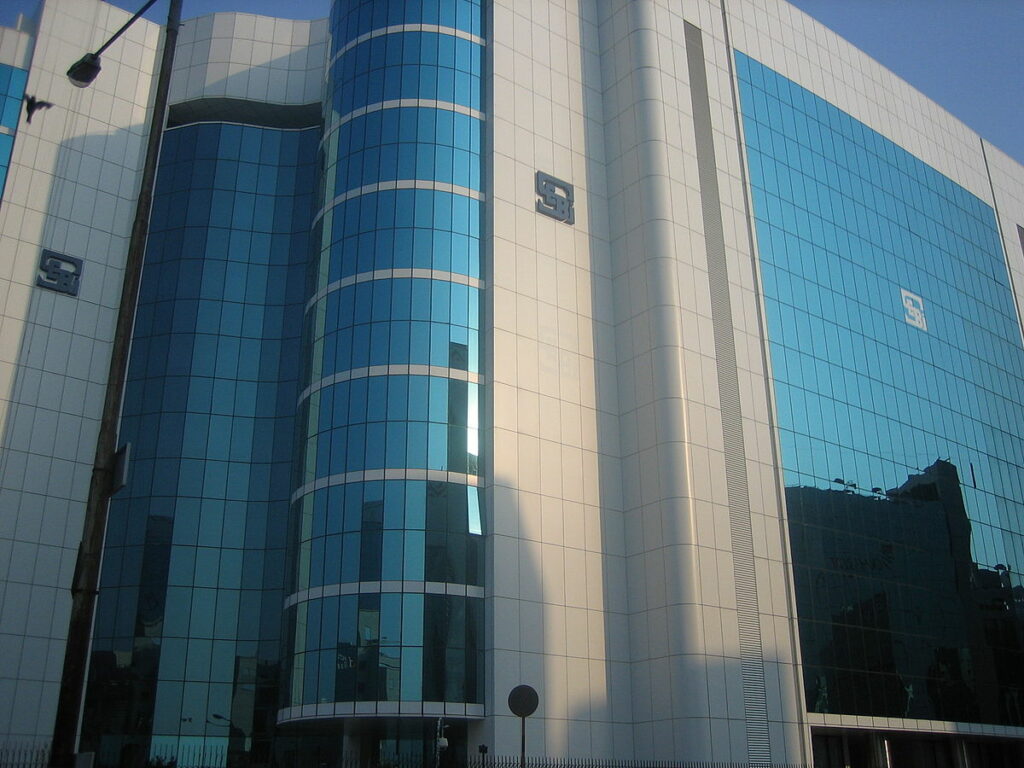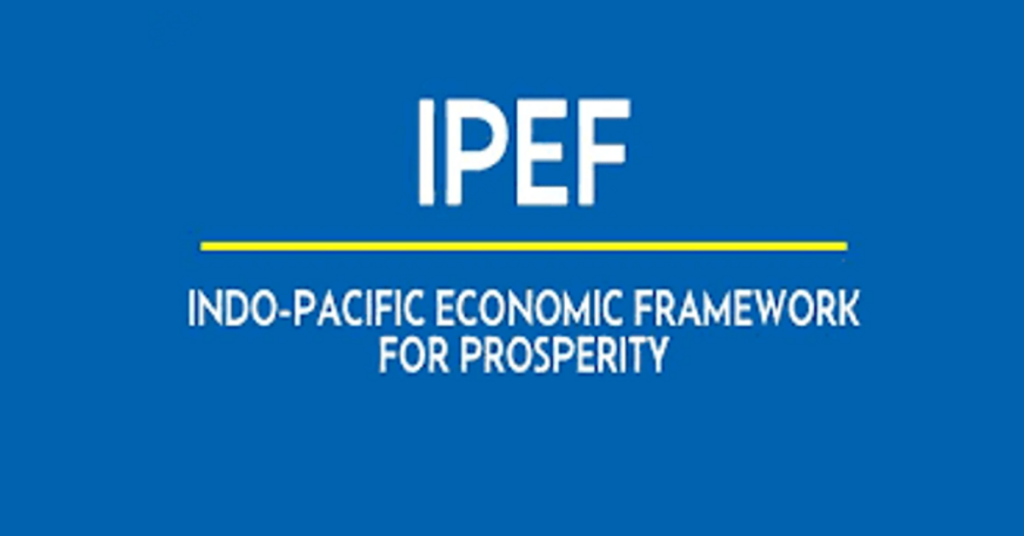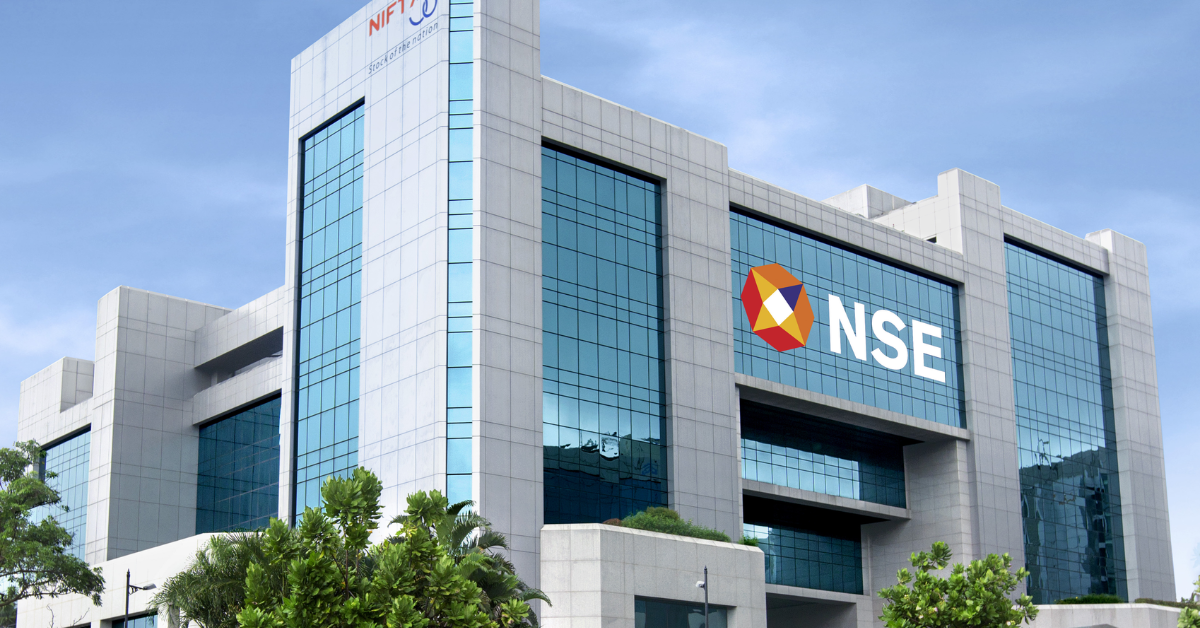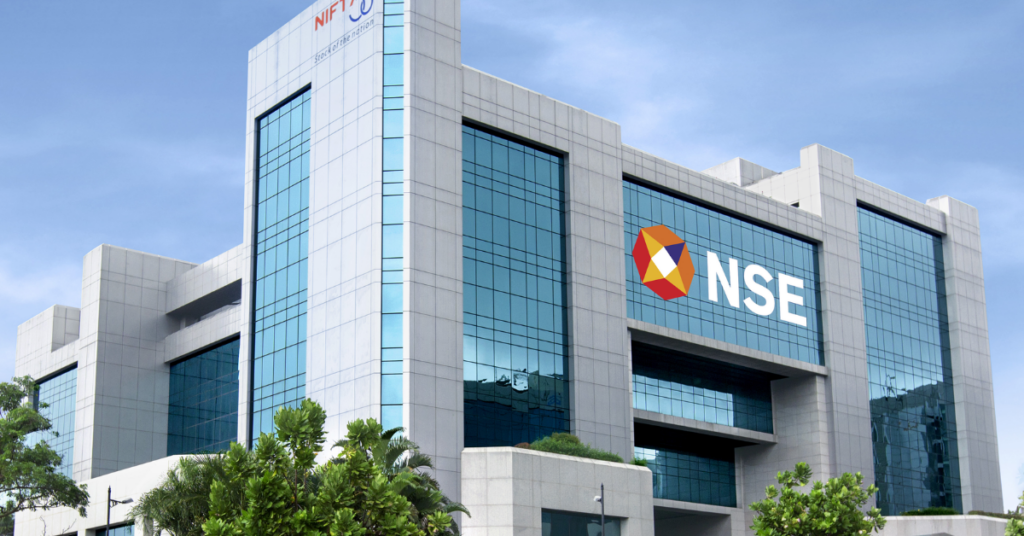Keep an eye out for cybersecurity threats

India’s digital revolution is booming, but with growth comes a surge of cyber threats targeting everything from personal data to critical infrastructure. Cybercriminals are becoming increasingly sophisticated, making cybersecurity a pressing concern. Let’s explore the major cybersecurity threats in India and how we can combat them.
Cybercrime is on the rise
India is among the top targets for cyberattacks worldwide. With millions of new users online, cybercriminals exploit the rapid shift to digital platforms. From ransomware to phishing, these threats are wreaking havoc across various sectors.
Some of the major security threats are
Phishing Scams: Cybercriminals often disguise themselves as trusted entities, sending deceptive emails to steal sensitive information. These scams are getting more sophisticated, making them harder to detect
Ransomware: This type of malware locks users out of their data, demanding a ransom for its release. High-profile attacks on healthcare and financial institutions have highlighted the vulnerabilities in critical systems.
Malware and Spyware: Malware infiltrates devices through shady downloads or malicious ads, while spyware silently gathers data without user knowledge. Both pose significant risks to personal and organizational security.
Data Breaches: Weak security measures make many companies easy targets for hackers. Data breaches can lead to the theft of personal information and financial data, causing major reputational damage.
DDoS Attacks: Distributed Denial-of-Service attacks flood websites with traffic, crashing servers and disrupting business operations. These attacks can severely impact e-commerce and online services.
There are several challenges we face trying to combat these threats,
A significant challenge is the lack of cybersecurity awareness among individuals and businesses. Many fall victim to scams due to ignorance of basic security practices. There’s a critical shortage of skilled cybersecurity professionals in India. The gap between demand and supply hinders effective protection against cyber threats. Many organizations, particularly small businesses, underinvest in cybersecurity, leaving them vulnerable to attacks.
Fighting Back: India’s Cybersecurity Response
- Government Initiatives: The Indian government is actively enhancing cybersecurity through initiatives like the National Cyber Security Policy and Cyber Swachhta Kendra, aimed at promoting best practices and improving resilience.
- Public Awareness Campaigns: Educating the public about cybersecurity is essential. Awareness campaigns can help individuals recognize threats and adopt safer online behaviors.
- Strengthening Regulations: Enhanced laws and enforcement can deter cybercriminals. A dynamic regulatory framework is needed to keep pace with evolving threats.
- Investing in Technology: Embracing advanced technologies like AI and machine learning can help organizations detect and respond to threats in real time.
Conclusion
As India embraces the digital age, prioritizing cybersecurity is crucial. The threats are real and evolving, but with awareness, technology, and collaboration, India can turn the tide against cybercrime. It’s time to build a safer digital future, ensuring that technological benefits are not overshadowed by risks. If you are being scammed, you can report the incident to the cyber crime portal :
https://cybercrime.gov.in/Webform/Helpline.aspx

